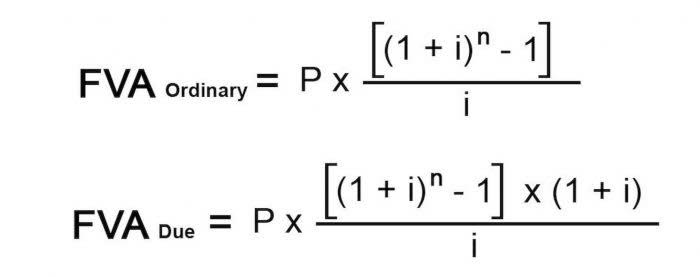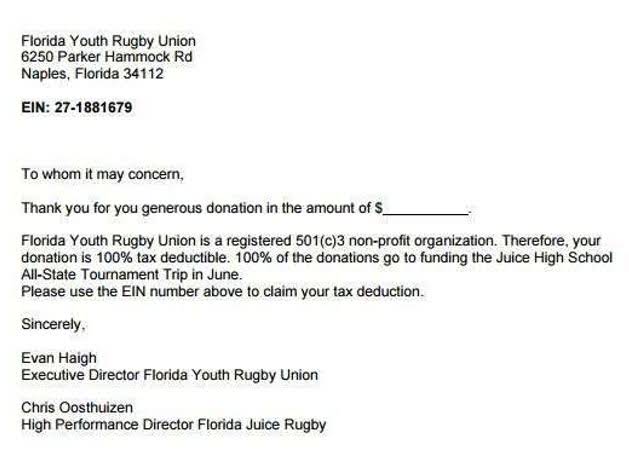admin
No description.Please update your profile.

Bookkeepers help small businesses create and manage their financial records, process transactions efficiently and accurately and reconcile various financial accounts. They also ensure that these processes are reported accurately, providing valuable financial insights and helping guide future business moves. They help businesses remain profitable and make data-informed decisions. Our income statement template (pictured below) will help you understand how the financial data on this report is used for small businesses. Accountants rely on bookkeeping records to analyze and advise on the financial activity, health, and growth potential of a business.

Unlike firms with dedicated finance departments, small businesses rely on simplified accounting systems tailored to their size and requirements. If you are using accounting software like Deskera, then keeping accounting records for your small business will be extremely easy. All you have to do is integrate your bank and payment providers with Deskera.
While human error will always play some role in security breaches, you can be confident in your accounting platform when it comes to keeping your information safe. It required me to enter my name, email address and mobile number, then choose a password. Unlike competitors, I had to also enter my credit or debit card information. This means that if I am not satisfied with the software, I have to manually cancel my subscription before the two-week free trial period or I will bookkeeping be charged the yearly rate of $200.
If you’re a small business owner, it’s necessary to set projections and forecast the future of your business. Bookkeeping accounting lets you know if your small business needs record keeping for small business extra employees or requires operational changes. Accurate bookkeeping helps you trace your firm’s financial records and evaluate its performance levels. You can look back, see patterns, and even draw comparisons with previous business years. Bookkeeping allows you to have a greater understanding of the areas within your business where you can trim costs. Document these procedures in writing and set up a calendar of accounting tasks.
Like the cash-basis method, you record income when you receive it, and record an expense when you make a payment. While the list of tasks might seem long, you’ll be surprised by how quickly it becomes second nature. For new business owners and sole traders, you might find you can do almost all of these small business bookkeeping tasks yourself. Many business owners start off with a simple process using spreadsheets, while a growing number opt to use accounting software. Consistency is the key to achieving better results, no matter what the activity.

Double-entry bookkeeping, on the other hand, contains two entries for each transaction, and two accounts are used. The main difference between the two is that single-entry Accounting for Technology Companies bookkeeping only requires writing down a single entry for each business transaction you perform. For starters, it will be a lot simpler for you to keep track of how well your business is doing.

Bookkeeping is simply the process of recording all the money that goes in and out of a business. It used to involve entering information into ledger books—hence the name—but most businesses now do it using cloud accounting software. In order to be able to balance the books effectively and improve business, it is vital that the owner keeps a constant track of the expenses incurred. This helps the owner regulate the outflow of cash and thus avoid wasteful expenditure. Moreover, this serves as an absolute blessing during the calculation of tax liability. Bills, invoices, bank statements etc, are various sources of documentation that can help one track the expenses in an efficient manner.
No description.Please update your profile.
@ 2025 NILAVELI STAR VIEW-Developed By Sri Hema Infotech